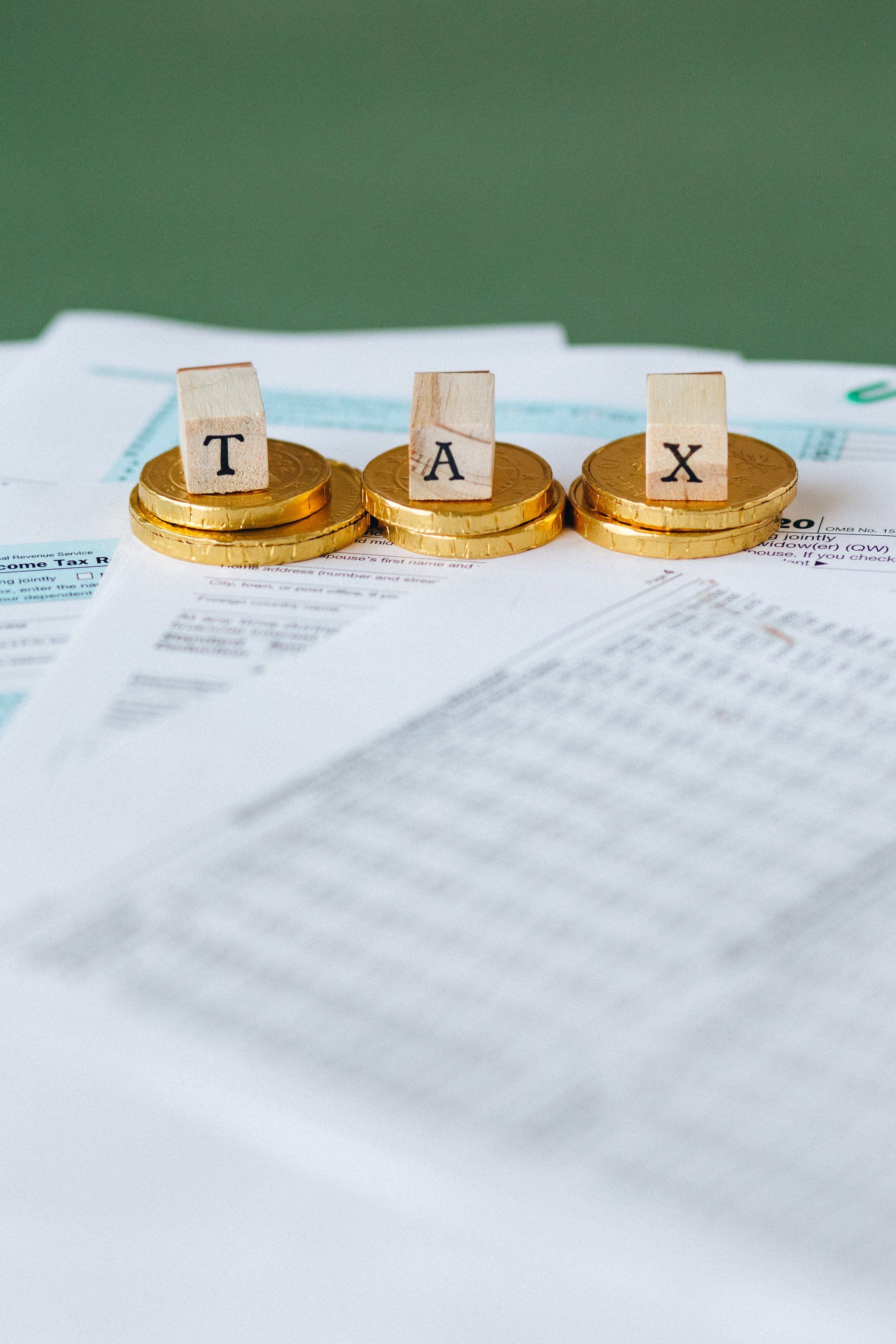Sole trader versus Limited Company - which is best?
Starting your own business and working for yourself can be an exciting yet daunting time. One of the first decisions you will have is whether to run your business as a sole trader (self-employed) or a limited company, but what is the difference?

The most significant difference between a being a self-employed sole-trader and being a limited company is that a sole trader business is owned (controlled) by one person with personal liability for the business. In contrast, a limited company will split its ownership into equal shares.
There’s no one-size-fits-all solution and deciding the best business structure should be based on your circumstances. The below highlights some of the similarities and differences between the two, giving you a brief outline of what to expect from each one.
| Limited Company | Sole Trader | |
|---|---|---|
| Be your own boss | Y | Y |
| Quick and easy set up process | Y | Y |
| Work with a variety of clients | Y | Y |
| Incorporate a company | Y | |
| Pay yourself a combination of salary or dividends | Y | N |
| Pay Corporation Tax | Y | N |
| Register for Self-Assessment *** | N | Y |
| Benefit from limited liability | Y | N |
*** Directors are not classed as self-employed; they’re simply required to report additional taxable income via Self-Assessment (the system HMRC uses to collect Income Tax). If all your income is taxed at source, you don’t need to register for Self-Assessment and file a return.
What is a sole trader?
Being a sole trader means that you are personally responsible for your business. You can employ staff, but your business is owned and managed by just one person: you. As such, legally your business and you are one which means you are personally liable for any losses that your business makes, but this does mean that you personally can keep any after-tax profits.
Advantages of a sole trader business?
- You can keep your business’ profits after tax.
Disadvantages of a sole trader business?
- You are completely liable for any losses your business makes, and you may have to use your own money to repay any debts.
- There’s no one to share accountability with. Whilst you can hire staff, all other important decisions lie with you.
What is a limited company?
If you decide to run your business as a limited company, you will be setting up a private organisation to run your business, and have its own legal identity separate from you, and its financials will be separate from your own personal finances. As Director of your limited company, you will have limited liability on any losses or debts incurred by the business.
Advantages of running a limited company business?
- As a Director of your limited company, you can choose how and when to get paid. Dividends have a lower tax threshold than salaried pay, which means you are more tax-efficient than when just salaried.
- The Shareholders have a limited liability should your business incur losses or debt; it’s not your personal responsibility.
Disadvantages of running a limited company business?
- There are more difficult and time-consuming administrative and tax tasks, when running a limited company as opposed to operating as a sole trader.
How we can help at BYNC (By Nature Consulting)
At 'By Nature Consulting Tax and Accounting', it's our mission to help support you with the necessary filings and to help you simplify those tasks that get in the way of you doing what you do best.
We provide you with the best-advice, tailored to you, talking you through the different business structures, alongside tax-efficient planning to save you money. We’ll be with you throughout offering bespoke tax and accounts advice and support whenever needed. For more information, please email hello@bync.co.uk.




